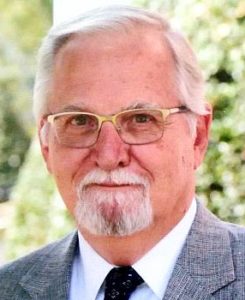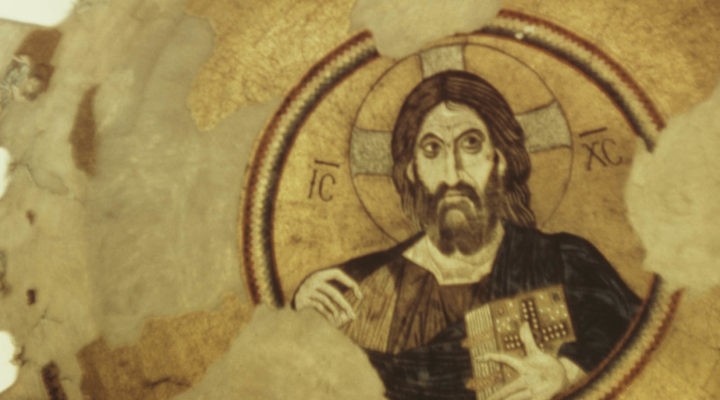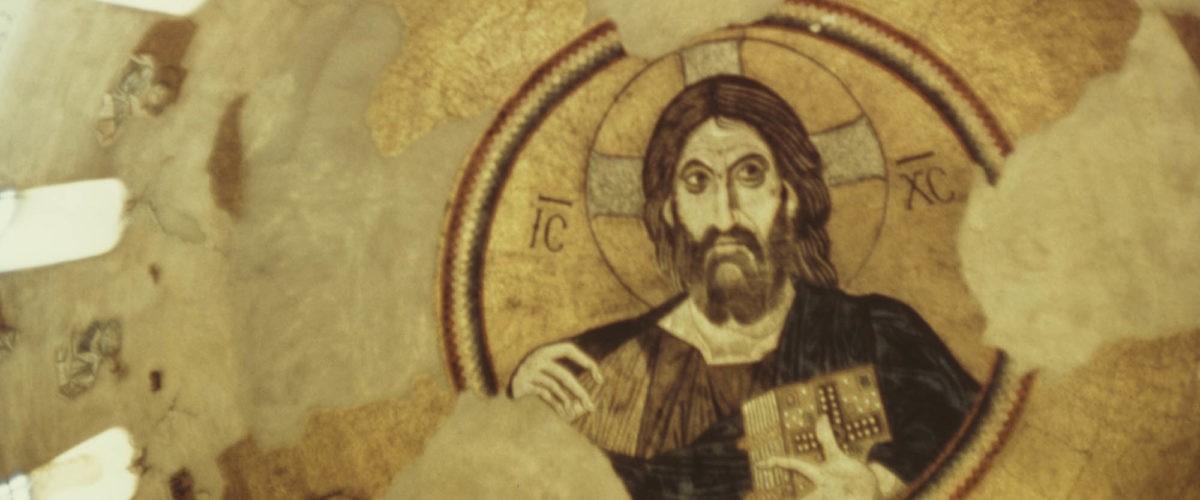When Manhattan’s towers fell on Sept. 11, 2001, many sensed that “this changes everything,” although we couldn’t imagine how extensive “everything” would prove to be.
Twenty years later, it is clearer. Our once-proud nation is now a broken nation. Our confidence in the institutions of government, education, science and justice — in democracy itself — is in danger. Even our National Anthem has become a source of contention. I say it softly but honestly: We no longer like one another; we no longer trust one another; and respect, let alone kindness, is seldom seen in the public square.

Dan Day
As one who has spoken from a Christian pulpit for most of the Sundays of the past half-century, I am embarrassed and grieving. Not just because of my nation’s unraveling but because of the contributory role the church as I have known it has played in this disintegration. Certainly, the fault is not ours alone — nor is it the church’s task to maintain the state — but it is dishonest to exempt ourselves from responsibility for this hour.
Assess my church years as I may, I am now persuaded the gospel we proclaimed was not the whole gospel of God. An inadequate understanding of Jesus rests at the root of our failure.
Three Jesuses were known to us. One of them was Jesus the Messiah. We acknowledged this Jesus only because the word “messiah” appeared in our New Testament and we were stuck with an Old Testament that spoke about a messiah. But nobody paid any attention to this Jesus, for we felt he was mostly a Jewish concern.
The messiah the Jews longed for, prophesied about and rejected was now our Savior, and so we gratefully tipped our hat to him through Advent readings about the coming one and went on our way. No attention was paid to the social, political, economic and environmental longings that were lodged within this messianic vision of a world where lion and lamb coexist in peace, where people no longer hurt or destroy one another. Few among us suspected or said that maybe, just maybe, what God’s chosen people — and God’s own self — were longing for was a world that worked “right,” for a world in which righteousness and justice prevailed because God’s Messiah reigned among earth’s people.
To the contrary, Jesus the Savior was by all reckonings the only Jesus that mattered to folks like me. He was the one who died on the Cross for my sins and who was raised from the dead for my life. This was the Christian Jesus who was our personal Savior and whose promised heaven was certain for the believing.
“Jesus the Savior was by all reckonings the only Jesus that mattered to folks like me.”
This Jesus had little to do with the world his ancestors prayed for, with a world that worked “right.” His only concern was to prepare us for another world after death. He was a rescuer of individual souls, a “just Jesus and me” dispenser of solo salvation. He most certainly was not a messiah freeing us from the burden of our collective past that we might enter and enable the shalom life his ancestors had sought for centuries. This Jesus of ours didn’t really fit with Jesus the Messiah. But he played well among those who were afraid of hell and wanted assurance of heaven. We built huge churches in his name.
Finally, there was Jesus the ethicist. This Jesus was our teacher of how to think and behave, and although he was obviously a bit idealistic this didn’t really matter since this Jesus always was an optional Jesus, anyway. For if one had personally claimed Jesus the Savior, any necessity of obedience to Jesus the ethicist was rendered moot. The only important matter already was covered. At our best, we paid homage to the ethically daring ones among us, but everyone knew that was their personal choice, not our shared calling.
I now see that it was a grave error to ignore the Jewish history and hope that Jesus the Savior represented, a mistake to extract him from his peoples’ ancient cry for a world that works “right,” to convert him into a Savior of souls who had scant interest in a neighborly world.
“If one had personally claimed Jesus the Savior, any necessity of obedience to Jesus the ethicist was rendered moot. The only important matter already was covered.”
The salvation Jesus the Savior brings is of one piece with the “right” world his ancestors and his God sought in the Messiah. The world he died to give birth to was the shalom world envisioned by the prophets. The death he died and the resurrection he experienced were to release us from the bondage and futility of the present order. And the teaching he offered tells us how to live as citizens of God’s new order, as caretakers of one another and all creation. He even taught us to pray a most Jewish prayer: “Thy kingdom come, thy will be done on earth as in heaven.”
Our churches and our nation are now paying a heavy price for our severance of Jesus into three discrete entities. The legions of those who are certain they are saved and heaven bound, although blind to the Messiah’s shalom intent, are many. Some were carrying banners bearing his name on Jan. 6 as they stormed the U.S. Capitol seeking dominance rather than shalom. Others are destroying churches by insisting on their own way, mirroring our snarling society rather than being a Jesus alternative to it. All are crucifying him afresh, even as we — with our inadequate gospel — have done.
Our one bright hope in these days of humiliation is the recovery of the good news of the one Jesus — the Messiah, the Savior, and the ethicist. This one Jesus is our sure Word who truly saves us from our sins and makes us fit for heaven’s wide embrace.
We cannot undo what we have said or done. But we dare not continue in it. Let those with ears to hear, hear, and turning, cry aloud, announcing the good news of this one majestic Jesus.
Daniel Day is pastor emeritus of First Baptist Church of Raleigh, N.C., and author of Finding the Gospel: A Pastor’s Disappointment and Discovery and its sequel, Lively Hope: The Taste of God’s Tomorrow, to be published this month by Nurturing Faith Books.
Related articles:
Who is your Messiah: the one who welcomes all to the table or the one who excludes? | Opinion by Chuck Queen
Advent reflection: The genesis of Jesus | Opinion by Jack Levison
Fundamentalists have a problem with Jesus | Opinion by Mark Wingfield and Mitch Randall


